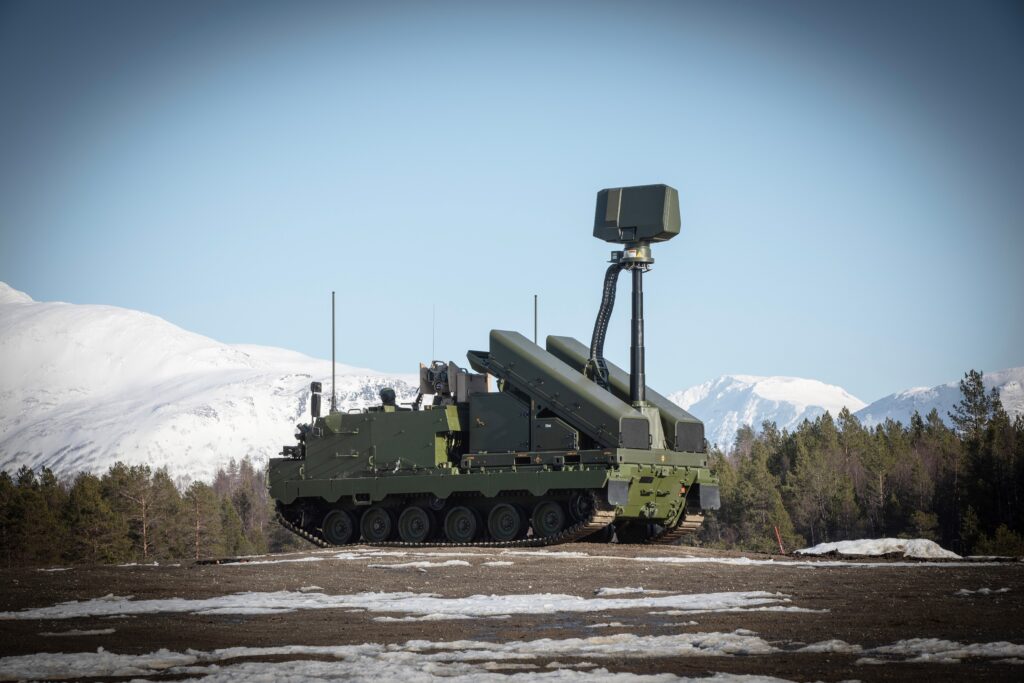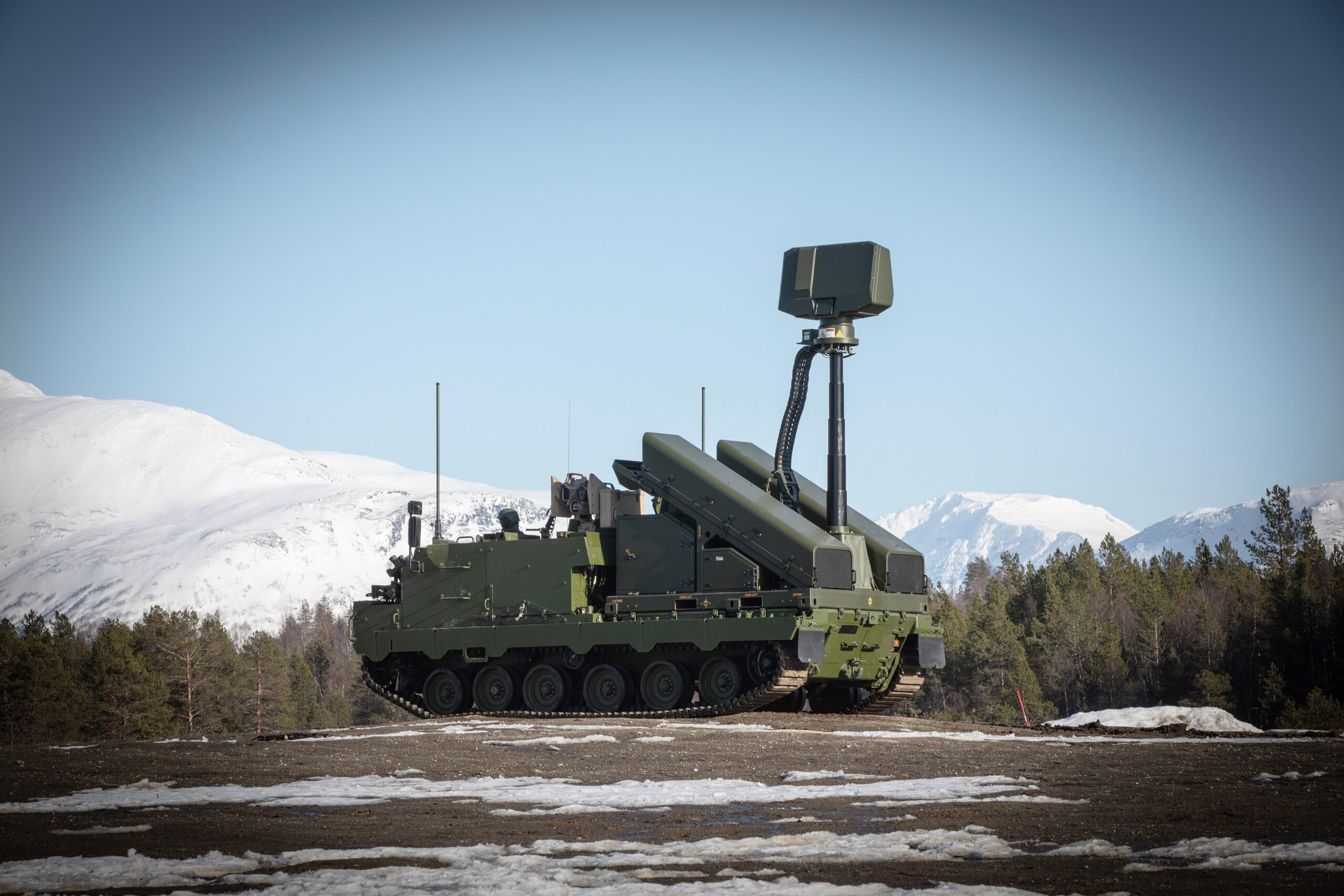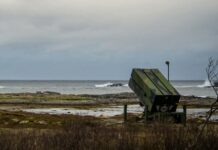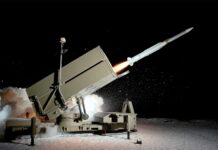Danish radar producer Weibel Scientific has received a landmark order worth more than DKK 500 million for its XENTA radars from Norway’s Kongsberg Defence & Aerospace, the company announced on 15 May 2025.
The XENTA-M system is an X-band frequency-modulated continuous-wave (FMCW) 3D air surveillance radar designed to detect and classify all types of aerial threat, including both fast-moving aircraft and missiles as well as low- slow-small (LSS) targets such as rotary-wing unmanned aerial vehicles (UAVs).
The XENTA radar can be integrated on both fixed and mobile platforms, but is used by Kongsberg in its National Manoeuvre Air Defence System (NOMADS), which is designed for on-the-move protection of ground forces in contested territory and is in service with the Norwegian Army. The system can counter air threats from cruise missiles and fixed- and rotary-wing aircraft down to small UAVs, using surface-launched AIM-9X Sidewinder missiles and 0.50 cal machine guns as its effectors.
The XENTA radars are scheduled for delivery to Kongsberg in 2026 and 2027.
“This historic order is not only the largest in the history of our company, but also proof that we are well on our way to achieving our goal of becoming the global leader in radar systems for short-range air defence and protection against hostile drones. Peter Røpke, Weibel Scientific CEO, was quoted as saying in a company press release. “Our strategic partnership with Kongsberg Defence & Aerospace has developed over time and is growing stronger week by week. The cultures and co-operation between our two companies complement each other well, and our product solutions align perfectly. The demand for our radar solutions is high and rising sharply, and our ambition to be two to three times larger by 2030 is definitely within reach.”
After setting out to develop the system back in 2019, Weibel Scientific has delivered and installed several XENTA radars in Norway, at the Danish drone centre at Hans Christian Andersen Airport and at the Charles de Gaulle and Le Bourget airports in Paris. The radars were also used in the French capital to secure the 2024 Olympics.














